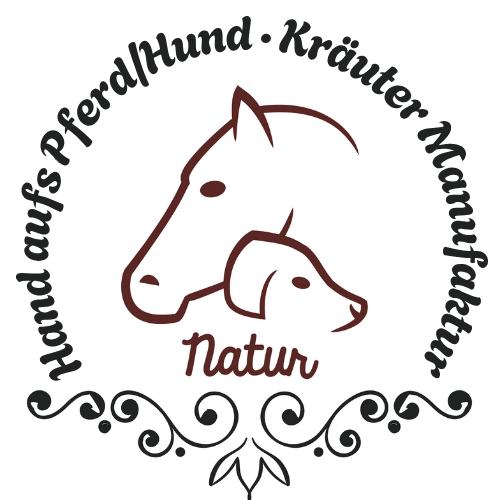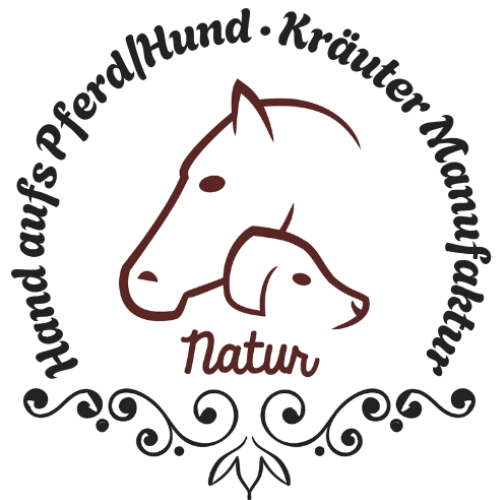
Worms in dogs: Recognizing, preventing, and acting correctly
Worms in dogs: Recognizing, preventing, and acting correctly
Do you feel like your dog is behaving differently than usual? Perhaps he's eating poorly, losing weight, or has frequent diarrhea ? Worms could be the cause. In this article, you'll learn how to recognize worm infestation, how to prevent it, and what to do if one does occur.
Why worms are a serious issue in dogs
Worms are among the most common parasites in dogs. They live in the intestines, lungs, or even the heart of your four-legged friend—depending on the type of worm. An untreated worm infestation can not only be unpleasant but can also lead to serious health problems.
The most common types of worms in dogs
There are several types of worms that can infect dogs. Here are the most important ones:
-
Roundworms
These are especially common in puppies and can lead to flatulence, vomiting, and poor coat quality. -
Tapeworms
They are usually transmitted via fleas or by eating raw meat. Typical symptoms include small "rice grains" in the feces or around the anus. -
Hookworms
These damage the intestinal lining and lead to blood loss. This is especially dangerous for young or weakened dogs. -
Whipworms
They cause inflammation in the colon and often lead to bloody diarrhea. -
Heartworms
These occur primarily in southern countries. They affect the heart and can be fatal. Travel prophylaxis is important in these cases.
Detecting worm infestation: You should know these symptoms
A dog doesn't always show clear symptoms. However, there are some signs that may indicate a worm infestation:
-
Weight loss despite normal eating behavior
-
Diarrhea, sometimes with blood or mucus
-
Vomit
-
Bloated stomach (especially in puppies)
-
Itching around the anus – typical “sledding”
-
Dull fur
-
Worms or worm parts in the feces
If you notice one or more of these symptoms in your dog, you should consult your veterinarian.
How often should your dog be dewormed?
There's no one-size-fits-all answer—the right deworming frequency depends on your dog's age, environment, and lifestyle. ESCCAP (European Scientific Counsel Companion Animal Parasites) recommends:
-
Adult dogs : deworm every 3 months – or alternatively have regular stool tests carried out.
-
Puppies : from the 2nd week of life every two weeks until the 12th week, then monthly until the 6th month of life.
Personally, I only recommend deworming in cases of worm infestation, which can be detected through feces. Deworming involves chemical intervention in the dog's body and is not without risk.
Deworming for dogs: What you should know
Deworming treatments are available in various forms—as tablets, pastes, spot-ons, or drops. It's important that the treatment is effective against the specific worm species present. Not every deworming treatment works against all parasites.
It's best to consult your veterinarian about which medication is suitable for your dog. Self-medication can lead to resistance or side effects.
Preventing worms: How to protect your dog
There are several things you can do to minimize the risk of worm infestation:
- Keep your dog away from carrion, feces and raw meat
- Deworm regularly or have the stool analyzed
- Use flea protection consistently – especially if tapeworm is a risk factor
- Immediately clean up droppings in the garden and on walks
- Regularly clean sleeping and resting areas
A healthy dog is a happy dog
Worm infestation in dogs is no cause for panic, but it is an issue you should take seriously. With deworming when needed, good hygiene, and the right knowledge, you can effectively protect your four-legged friend. Pay attention to changes in behavior and always consult your veterinarian if in doubt.
Worm Herbal Tingle-Free for Dogs
Herbal support for a worm-hostile intestinal environment
Our natural herbal blend was specially developed to support the intestinal environment in dogs. Containing proven herbs such as walnut, black cumin, and parsley, it provides a valuable addition to your daily diet—especially during times when you want to provide your dog with special intestinal hygiene.
Ideal for regular use as part of natural preventative care.
Tip: Want to know if your dog currently has worms without immediately administering a deworming treatment? Ask your vet about a stool test—a three-day sample is often sufficient.





